How Richard Roundtree's Shaft Had A Seismic Impact On The Black Community And Cinema At Large
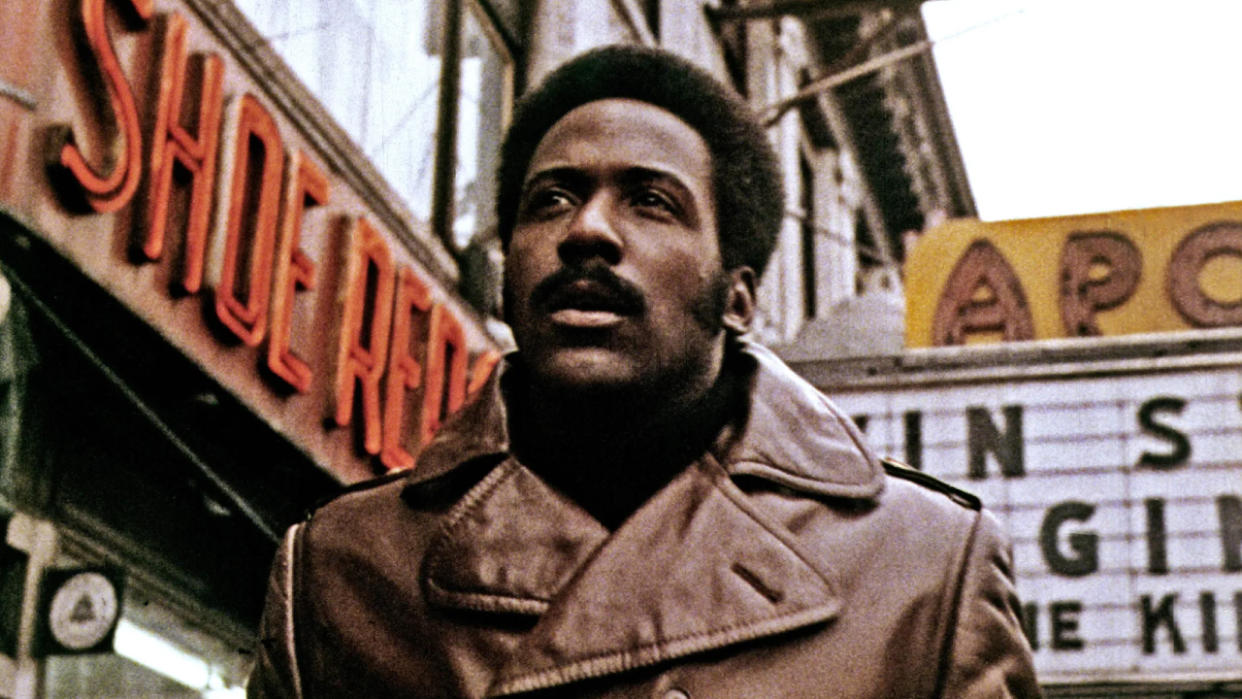
- Oops!Something went wrong.Please try again later.
- Oops!Something went wrong.Please try again later.
- Oops!Something went wrong.Please try again later.
- Oops!Something went wrong.Please try again later.
Before Black Panther (the movie, mind you) there was Shaft. What I mean is, while there were definitely films starring a Black protagonist prior to the 1971 movie of the same name (another legend, Sidney Poitier, was in a number of them), Shaft was really one of the first commercial movies that effectively made a Black lead out to be a superhero of sorts. And Richard Roundtree was that lead.
Now, don’t get me wrong. John Shaft didn’t wear a cape or anything like that. But, here was a Black character who talked back to the police (and not in a calm way like Sydney Poitier did in In the Heat of the Night), was a lady’s man, and “would risk his neck for his brother man,” as sung in the famous theme song to Shaft, which I’ll definitely come back to soon.
And, with the recent passing of Richard Roundtree, I thought it apropos to go over just what a seismic impact the character of Shaft left on both the Black community, but also cinema at large. Can you dig it?

The Theme From Shaft Helped Create The First Instantly Recognizable Theme Song For A Black Character
Question: Do you want to know when a theme song is super effective? Answer: When later generations can grow up and instantly know what movie it comes from without even seeing it. A good example of this might be the theme to Indiana Jones from John Williams, or the theme to Star Wars (also from John Williams). Or, uh, Superman’s theme (which is ALSO from John Williams).
The fact is -- besides John Williams being the GOAT -- that you don’t have to have even seen any of these movies to know where these theme songs came from. The songs themselves are just a part of pop culture now.
And, the same could be said of the Academy Award-winning theme for Shaft, which was created by Isaac Hayes. With this song, Mr. Hayes became the first Black winner for the Best Original Song category at the Academy Awards, and it was definitely warranted. Without this song, John Shaft probably never would have been as cool as he was, because essentially, the song was Shaft’s superhero theme song.
We learn so much about the character from this theme, such as him being “a sex machine to all the chicks." But, not only that. He's also “a complicated man” who nobody understands “but his woman.” And this theme really made the character larger than life.
Plus, with Hayes winning the Oscar, it also paved the way for other Black musicians to win Academy Awards for songs, like the EGOT winner, John Legend. That’s how potent the theme to Shaft is. It opened the doors to other Black artists for years to come. Talk about being a bad mother–shut yah mouth! I’m just talking ‘bout Shaft!
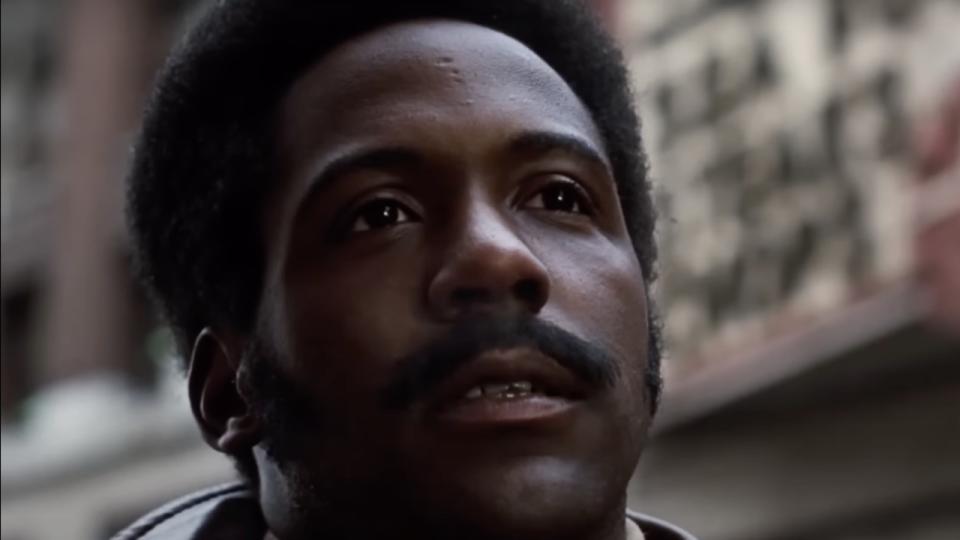
Richard Roundtree Was Essentially The First Major Black Superhero
I brought this up in the intro, but I think it bears repeating that Richard Roundtree himself was essentially the first major Black superhero. But, let me dig deeper into what I mean. You know how prominent directors like Scorsese and Tarantino feel such disdain for the MCU? Well, on the 2 Bears, 1 Cave podcast,Tarantino went even further to say that there has been a "Marvel-ization of Hollywood," and that the actors aren't really the stars anymore, but rather, the characters, like Captain America or Thor, are in actuality today's new stars.
Now, I don't think Tarantino would clump Richard Roundtree into that category, even though the character of Shaft, who was PLAYED by Richard Roundtree, will likely live on forever, but that’s just it. Richard Roundtree was, and forever will be, associated with a character, just like Robert Downey Jr. will likely forever be associated with Iron Man, or how Michael Keaton will always be Batman in certain people's eyes.
Richard Roundtree was in several other movies following Shaft, but no matter what other flick he did, people are forever going to recognize him as Shaft. People may have even mistakenly seen him in another movie and said, “Hey, that’s Shaft." I mean, I certainly did it when I saw him in Speed Racer.
It’s very much like how Sean Connery will always be “James Bond” to some people, or how Tobey Maguire, who, despite what Tarantino thinks of actors behind the mask, will always be “Spider-Man” to certain people.
So, just like Chadwick Boseman IS Black Panther. Richard Roundtree IS Shaft. He was a hero to many, and I think that’s pretty super (See what I did there?).
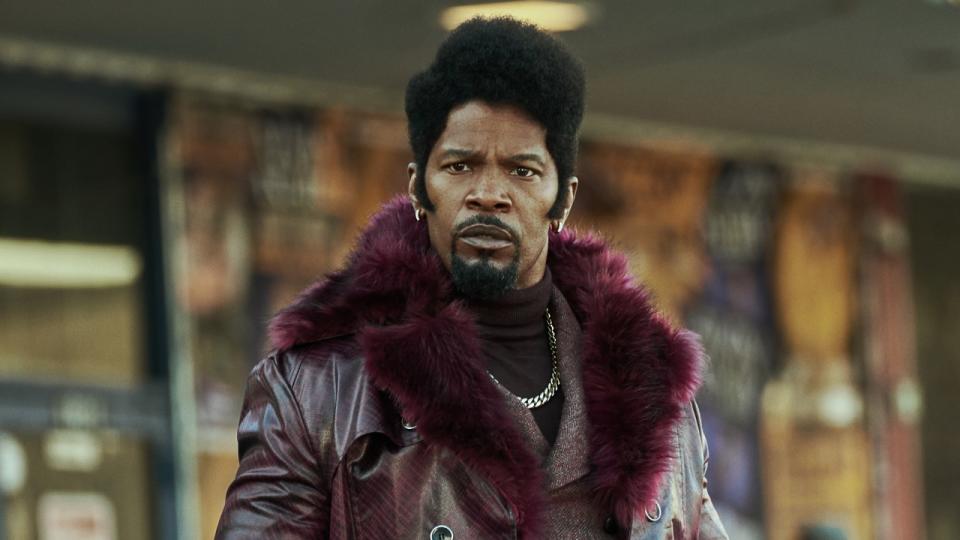
Shaft Also Helped Usher In The Blaxploitation Movement
Today, we have movies that mostly riff on the blaxploitation movies of the 1970s, like They Cloned Tyrone, which was excellent. But before we had our Black Dynamite’s, or our Undercover Brothers, we had Shaft. Now, Shaft may not have been the first blaxploitation film (there are conflicting arguments, but many settle on Melvin Van Peebles’ Sweet Sweetback’s Badasssss Song as the true start), but it was the first major commercial one. John Shaft was an unvarnished Black man who kicked ass and took names, and people loved it.
I wasn’t alive when Shaft came out, but my dad said that it was definitely very different from the movies Black actors were in at the time. This movie helped propel the blaxploitation movement throughout the entire 1970s, and we still even saw movies trickling into the ‘80s, like The Last Dragon (Sho’nuff!), and Action Jackson, all the way up to today.
And I’m not sure this would have happened without Shaft making it cool to make these kinds of films. Because have you seen Sweet Sweetback’s Badasssss Song? I mean, I like it and all, but that is not a commercial movie. But Shaft was, which is why I think blaxploitation is where it is today.
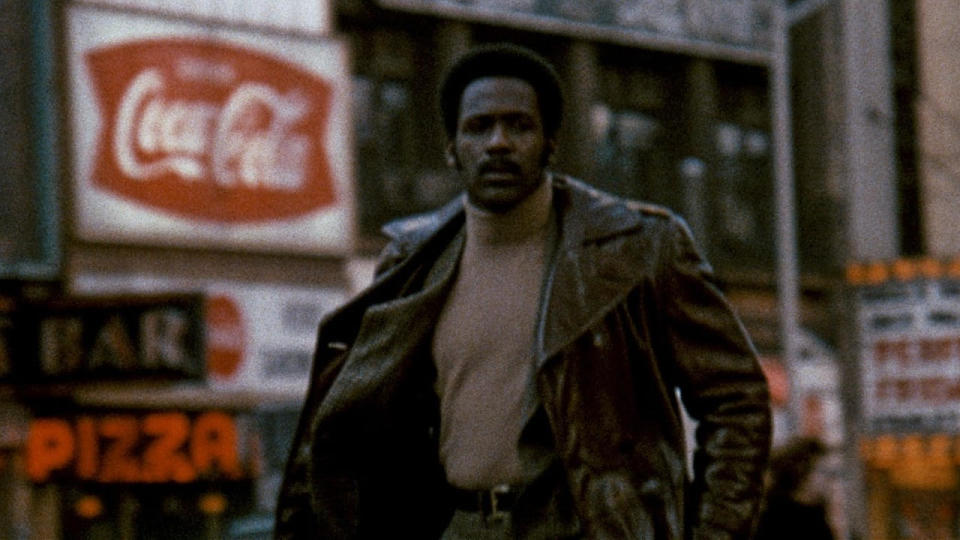
Its Director, Gordon Parks, Was A Prominent Black Director In His Day
I also want to bring up Shaft’s director, Gordon Parks, because I feel like a lot of people don’t talk about him nowadays. Yes, Richard Roundtree was the face in front of the camera, but Gordon Parks was the face behind it, and he was just as important to cinema at large as Richard Roundtree.
A respected photographer before he became a filmmaker, Parks’ first major film was The Learning Tree, which we included on our list of 15 great movies that explore race and social justice. The film, which is a coming-of-age movie, couldn’t be further from Shaft. But that’s the beauty of Gordon Parks’ career.
A true renaissance man, outside of being a renowned photographer, Parks was also a writer, a composer, a painter, and he even helped found Essence Magazine. And with Shaft, he helped usher in a whole new subgenre of film with blaxploitation.
Hell, his son, Gordon Parks Jr. even directed another blaxploitation classic in Super Fly a year later. There’s even a foundation that works to preserve his art, so you really can’t talk about the importance of Shaft without its director, Gordon Parks.
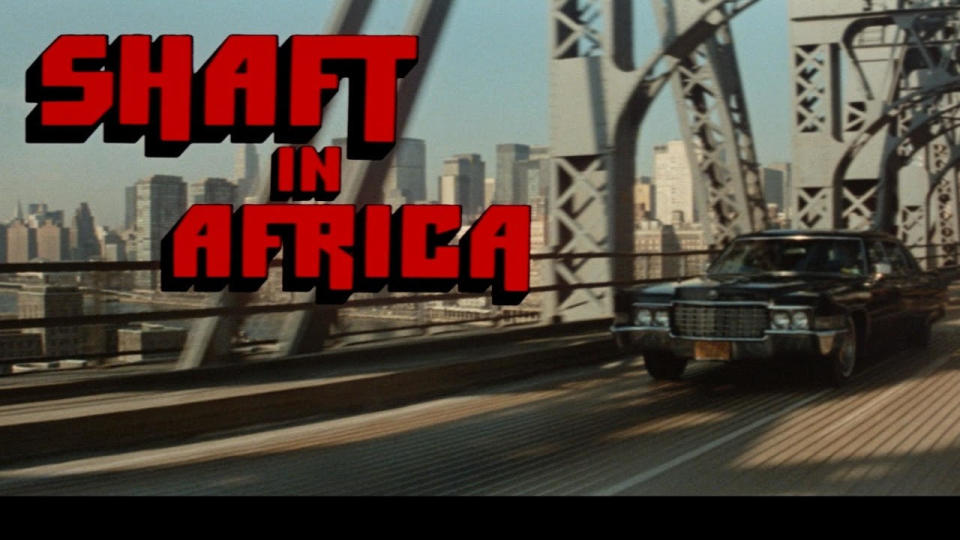
Sequels And Reboots Helped Cement His Legacy For Later Generations
Lastly, I'm a little embarrassed to admit this, but I didn't start off with the original Shaft. I mean, I knew of Shaft, of course, but the first Shaft movie I saw was the 2000 one starring Samuel L. Jackson. Of course, Richard Roundtree was in it as the movie served as a sequel, but that was essentially my cinematic introduction to the character of John Shaft.
And to be honest, while I liked the movie, I didn't love it. I thought it was pretty decent, but I thought there was probably a better introduction to the character.
And indeed there was. When I eventually watched the 1971 film, I was hooked. I soon watched its two sequels, Shaft's Big Score, and Shaft In Africa, and they were a gateway into blaxploitation in general for me. Plus, the cool thing is, with five movies that nearly span six decades, a whole legion of new fans grew up with Shaft, and will likely share his legacy with their own children, which is what I intend to do.
So, we’ll miss you Richard Roundtree, but we’ll always have Shaft. That legacy will endure forever.

